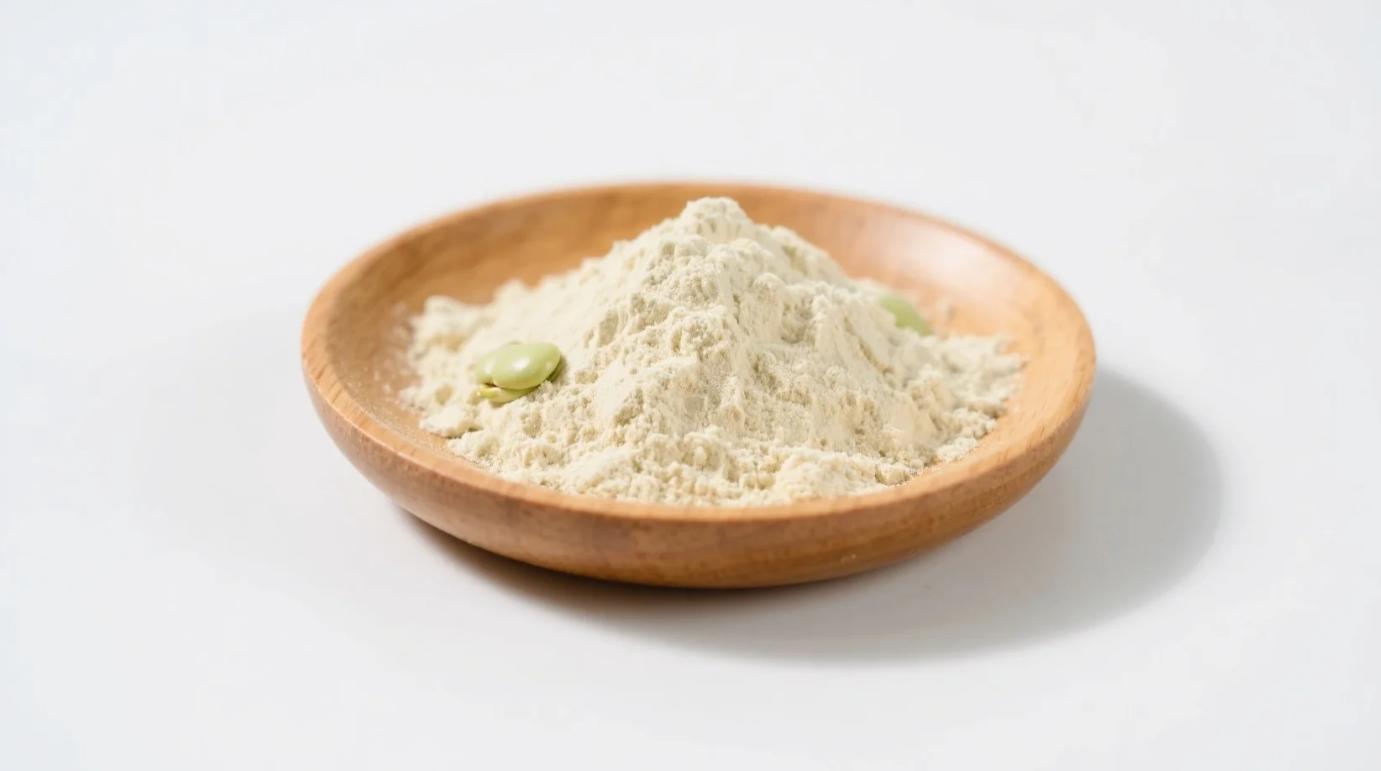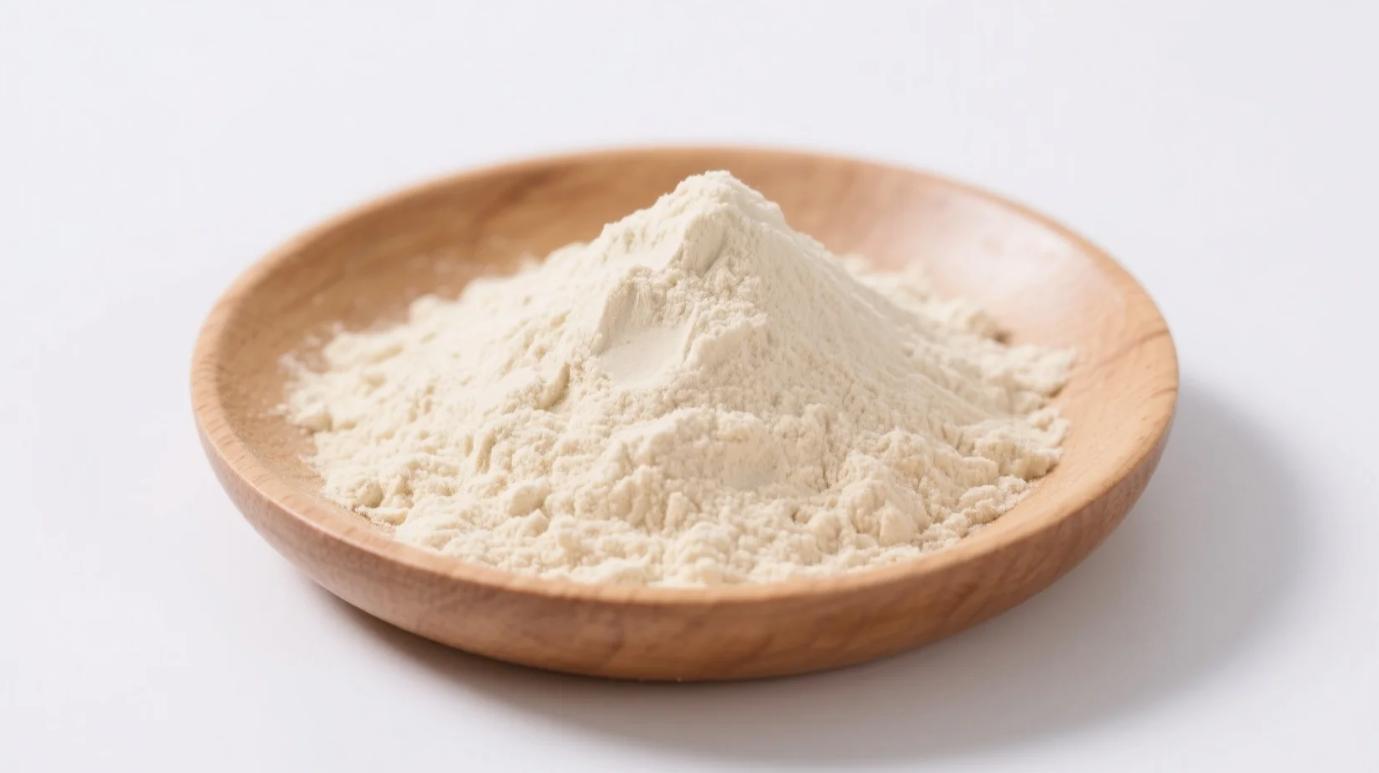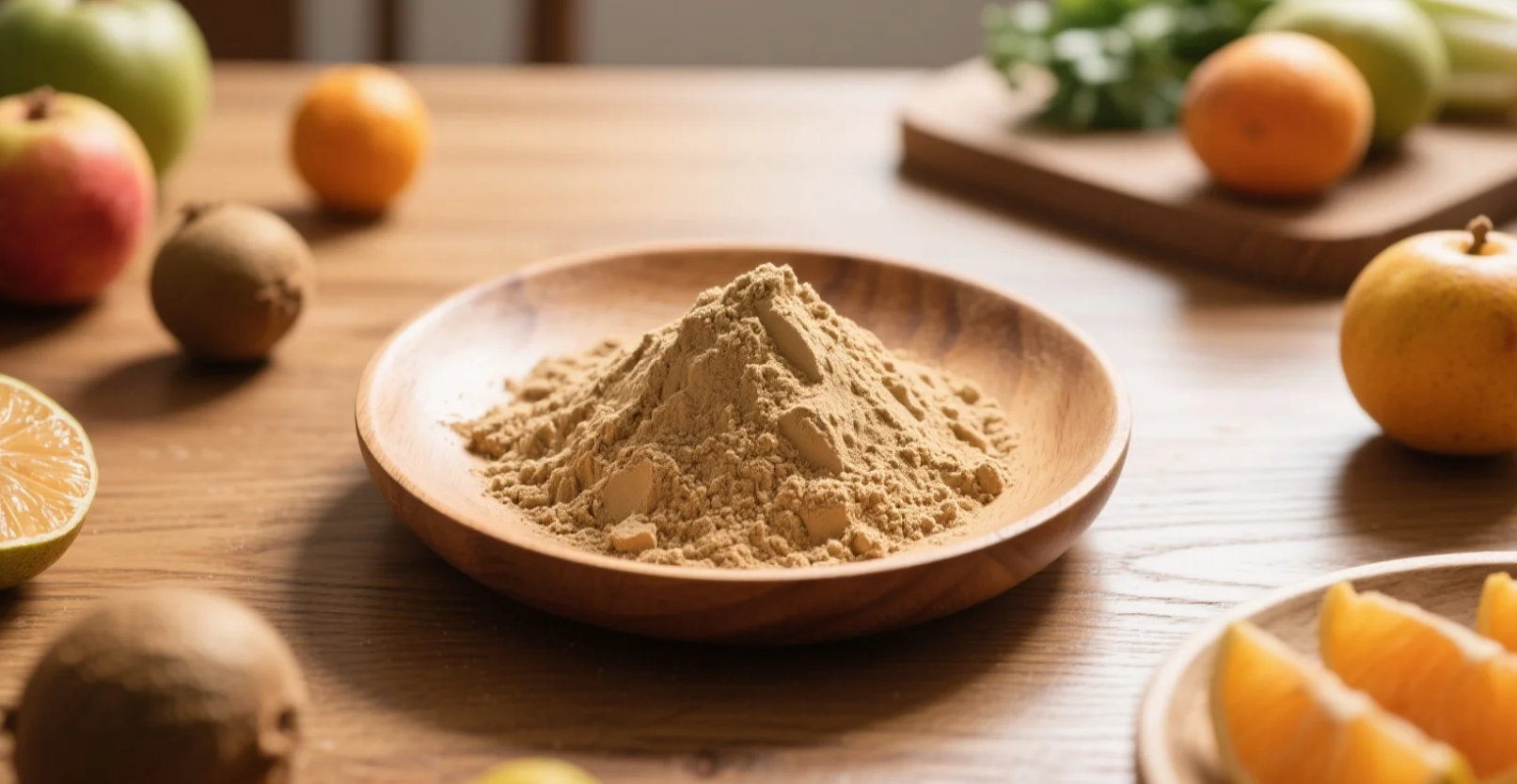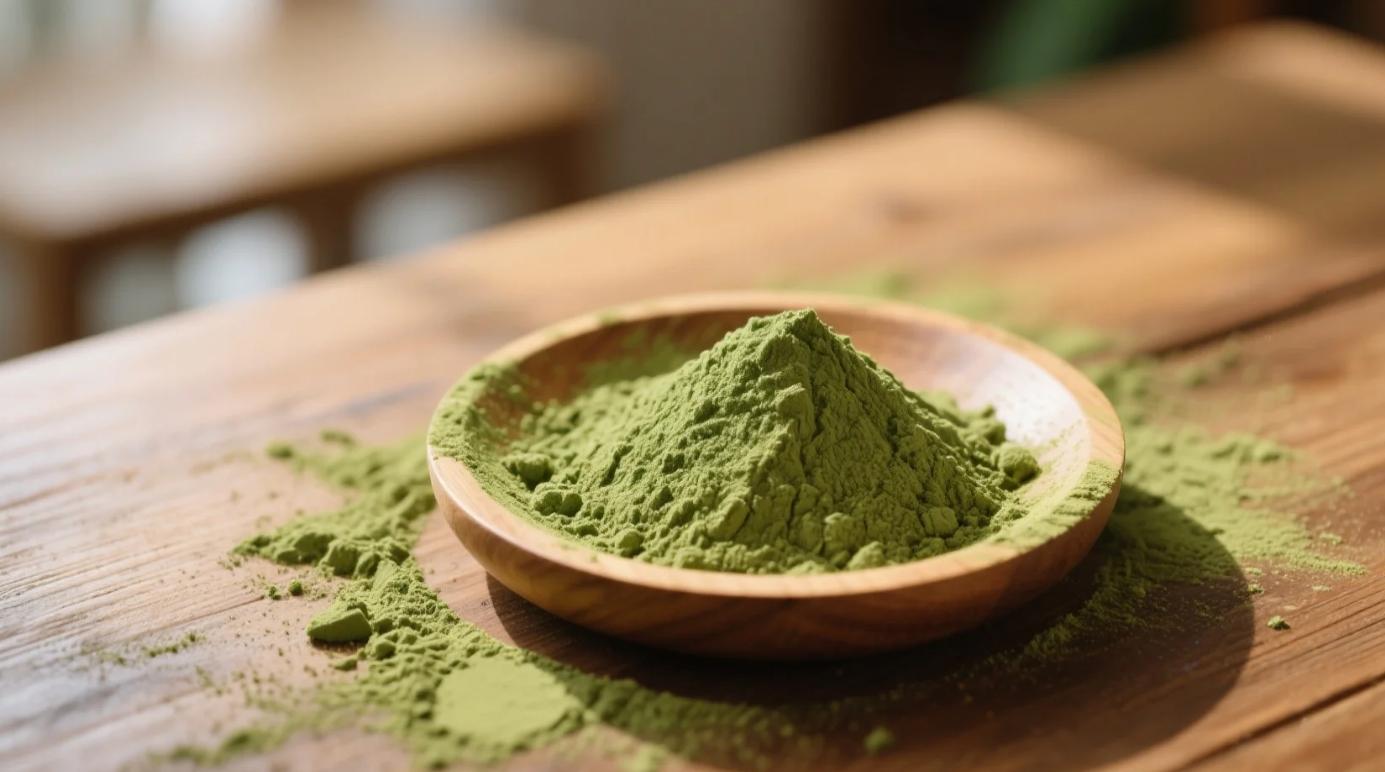Table of Contents
In the ever-evolving world of protein supplements, two contenders dominate: whey protein, the long-standing favorite of athletes, and organic fava bean protein powder, the plant-based newcomer gaining traction for its sustainability and clean nutrition. But which one truly deserves a spot in your shaker bottle? Let’s break down their strengths, weaknesses, and why fava bean protein might be the future of fitness fuel.
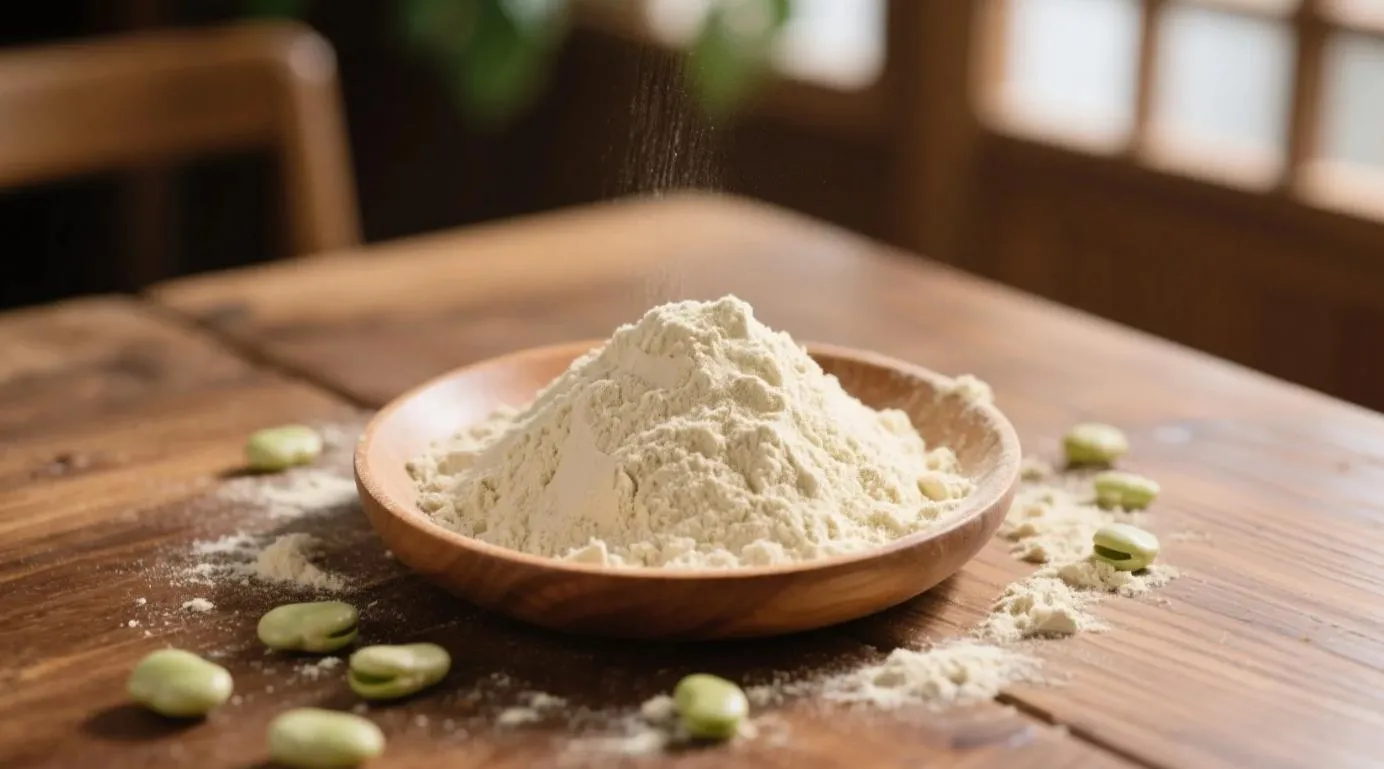
Head-to-Head: Fava Bean Protein vs. Whey Protein
| Factor | Organic Fava Bean Protein | Whey Protein |
|---|---|---|
| Source | Plant-based (fava beans) | Animal-based (milk byproduct) |
| Protein Content | 80–85% per serving | 70–90% per serving |
| Amino Acid Profile | Complete protein (all 9 essentials) | Complete, higher in BCAAs |
| Digestibility | Gentle, no bloating (fermented options available) | Fast absorption, but lactose can upset stomachs |
| Allergens | Gluten-free, soy-free, dairy-free | Contains lactose, unsuitable for vegans |
| Sustainability | Low water/land use, nitrogen-fixing crop | High carbon footprint (dairy farming) |
Why Choose Organic Fava Bean Protein?
- Gentle on the Gut
Unlike whey, which causes digestive issues in 65% of adults (lactose intolerance), organic fava bean protein is naturally easy to digest. Fermented versions further reduce gas-causing oligosaccharides. - Complete Plant Power
Fava beans provide all 9 essential amino acids, making them a rare vegan complete protein. Though slightly lower in leucine than whey, pairing with rice protein balances the profile. - Heart-Healthy Perks
Rich in fiber, iron, and potassium, fava bean protein supports blood pressure control and reduces LDL cholesterol—benefits whey can’t match. - Eco-Warrior Status
Fava beans enrich soil by fixing nitrogen, reducing fertilizer needs. Dairy farming, by contrast, drives methane emissions and deforestation. - Blood Sugar Stabilizer
Studies show fava bean protein slows glucose absorption, making it ideal for diabetics or low-carb dieters.
Whey Protein’s Edge
- Muscle Synthesis: Whey’s rapid absorption and high BCAA content excel for post-workout recovery.
- Taste/Texture: Creamier consistency and milder flavor compared to some plant proteins.
The Organic Advantage
Non-organic fava beans may carry pesticide residues like glyphosate. Certified organic fava bean protein powder ensures:
✅ No synthetic pesticides or GMOs
✅ Higher nutrient density (organic farming boosts polyphenol content)
✅ Transparent sourcing (supports regenerative agriculture)
Who Should Switch to Fava Bean Protein?
- Vegans/Vegetarians: A cruelty-free, complete protein source.
- Eco-Conscious Consumers: Prioritize sustainability without sacrificing gains.
- Lactose-Intolerant or Dairy-Allergic: Avoid bloating, cramps, or skin reactions.
- Endurance Athletes: Benefit from sustained energy and anti-inflammatory properties.
How to Use Organic Fava Bean Protein
- Post-Workout Shake: Blend with almond milk, banana, and a dash of cinnamon.
- Baking: Add to pancakes, muffins, or protein bars for a nutty, earthy flavor.
- Savory Recipes: Mix into soups, veggie burgers, or hummus for a protein boost.
The Verdict
While whey protein remains king for rapid muscle repair, organic fava bean protein powder is the clear winner for long-term health, inclusivity, and planetary impact. It’s not just a protein—it’s a statement for ethical, holistic wellness.
Ready to Fuel Better—For You and the Planet?
Embrace organic fava bean protein powder, the plant-based powerhouse that builds muscle, supports vitality, and protects the Earth. Ditch the bloat and join the green fitness revolution.
Try it today and taste the future of protein!
Related Products
Organic Fava Bean Protein Powder
A premium, 80% plant-based isolate with an exceptionally neutral flavor and high…
Organic Brown Rice Protein Powder
Mesh: 300, 600, 1000mesh
